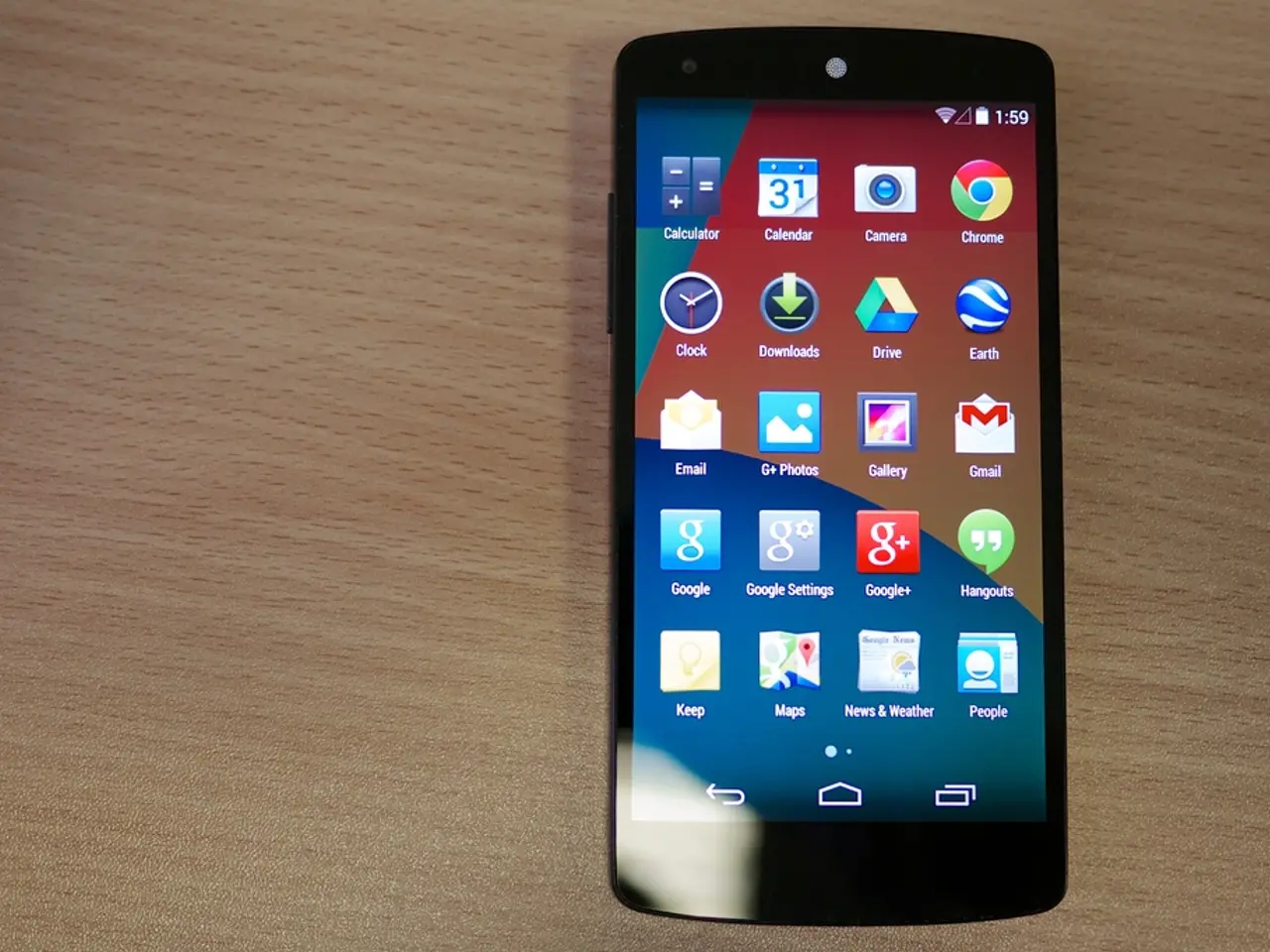Intel's Arrow Lake debut is accompanied by software-related issues in its AI capabilities
In the era of rapidly advancing technology, artificial intelligence (AI) is making strides beyond its traditional accessibility roles, moving towards becoming an "invisible assistant" embedded in various devices and software. This transition is evident in the current developments, with a focus on intelligent automation, personalized assistance, and seamless integration into daily life[1][2].
One such example is the Acer Aspire 14 AI laptop, equipped with the latest Intel Core Ultra 5 226V processor, a Lunar Lake CPU[3]. However, the author's experience with the AI applications on this device has been less than impressive, with AI features falling short of the promised monumental impact[4].
One of the built-in AI features is Acer Assist, an offline database designed for tech support[5]. Despite its offline operation, Acer Assist's answers to questions are no better than searching the same queries online, failing to impress the author[6]. On the other hand, Microsoft 365 Copilot, although not a built-in feature, provides more detailed answers, demonstrating a significant difference in AI capabilities[6].
Another AI application on the Acer Aspire 14 is Acer LiveArt, a visual AI tool that removes backgrounds from images and turns them into stickers[7]. While it serves a useful purpose, it does not stand out against popular generators, leaving room for improvement[8].
The author also questions the relationship between hardware and software, suggesting that the lack of significant AI applications may be due to the early stage of AI hardware development[4]. In support of this, the largest chip makers are investing in Neural Processing Units (NPU) to power artificial intelligence[9].
Moreover, the controversial feature called Recall, which periodically captures screen images for potential AI analysis, has not been released on an official version of Windows 11[10]. This raises concerns about privacy and the balance between AI's potential benefits and the risks it poses.
The author believes that AI should focus on helping people significantly rather than being just a toy[11]. Live Captions, an AI feature for text transcription of audio or video, is considered the most useful implementation for accessibility[12]. However, AI's practical applications beyond this are yet to impress the author.
In conclusion, the Acer Aspire 14 AI laptop, while equipped with the latest hardware, falls short in terms of AI applications. As AI continues to evolve, it is hoped that the balance between hardware capabilities and practical, beneficial software applications will be achieved, transforming AI from a novelty to a truly useful tool for everyday life.
References: [1] Artificial Intelligence in 2025: Predictions and Trends [2] The Future of Artificial Intelligence [3] Intel Unveils Two New Lines of Processors [4] AI Disappoints the Author [5] Acer Assist: Acer's Built-in AI Feature [6] Microsoft 365 Copilot vs Acer Assist [7] Acer LiveArt: Visual AI Tool for Desktop Wallpapers [8] Acer LiveArt vs Popular Generators [9] Chip Makers Invest in Neural Processing Units [10] Recall: A Controversial AI Feature [11] AI Should Focus on Helping People [12] Live Captions: The Most Useful AI Implementation for Accessibility
- In the modern technology landscape, the Acer Aspire 14 AI laptop sports the Intel Core Ultra 5 226V processor and Lunar Lake CPU, signifying the latest in technology.
- The AI-focused Acer Assist on the Acer Aspire 14 provides tech support, but its effectiveness pales in comparison to online search results.
- Microsoft 365 Copilot, although not a built-in feature, shows more promising AI capabilities compared to Acer Assist.
- Acer LiveArt, another AI application on the Acer Aspire 14, fails to impress with its background removal and sticker-making capabilities.
- The author suggests that the lack of substantial AI applications may be due to the early stages of AI hardware development, prompting investment into Neural Processing Units (NPU) by the biggest chip makers.
- Controversial AI feature Recall, meant for potential AI analysis, has not been released on official Windows 11 versions, raising privacy concerns.
- The author envisions AI as a tool that should primarily help people significantly, with Live Captions, an AI feature for text transcription, being the most useful implementation for accessibility.




